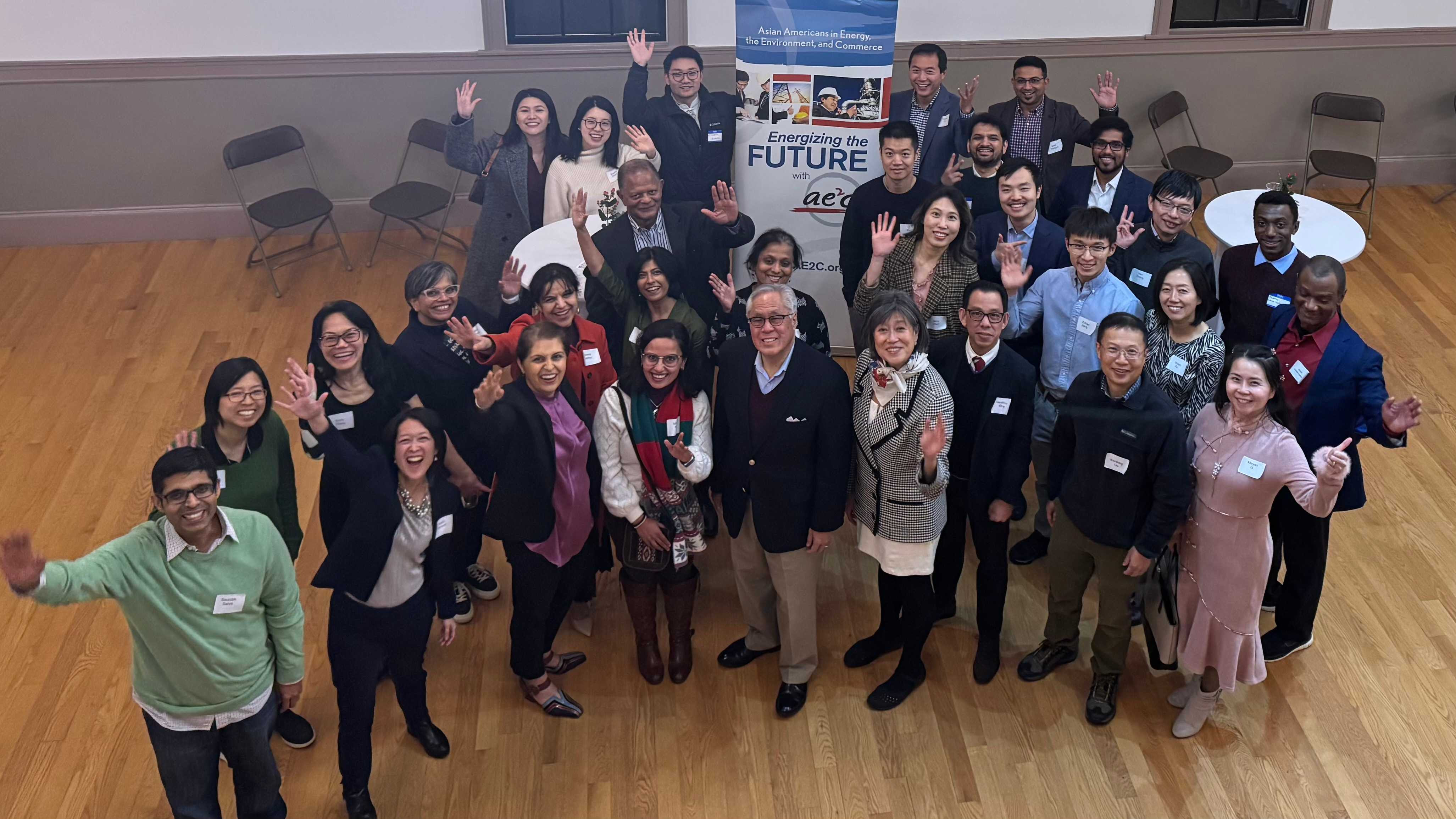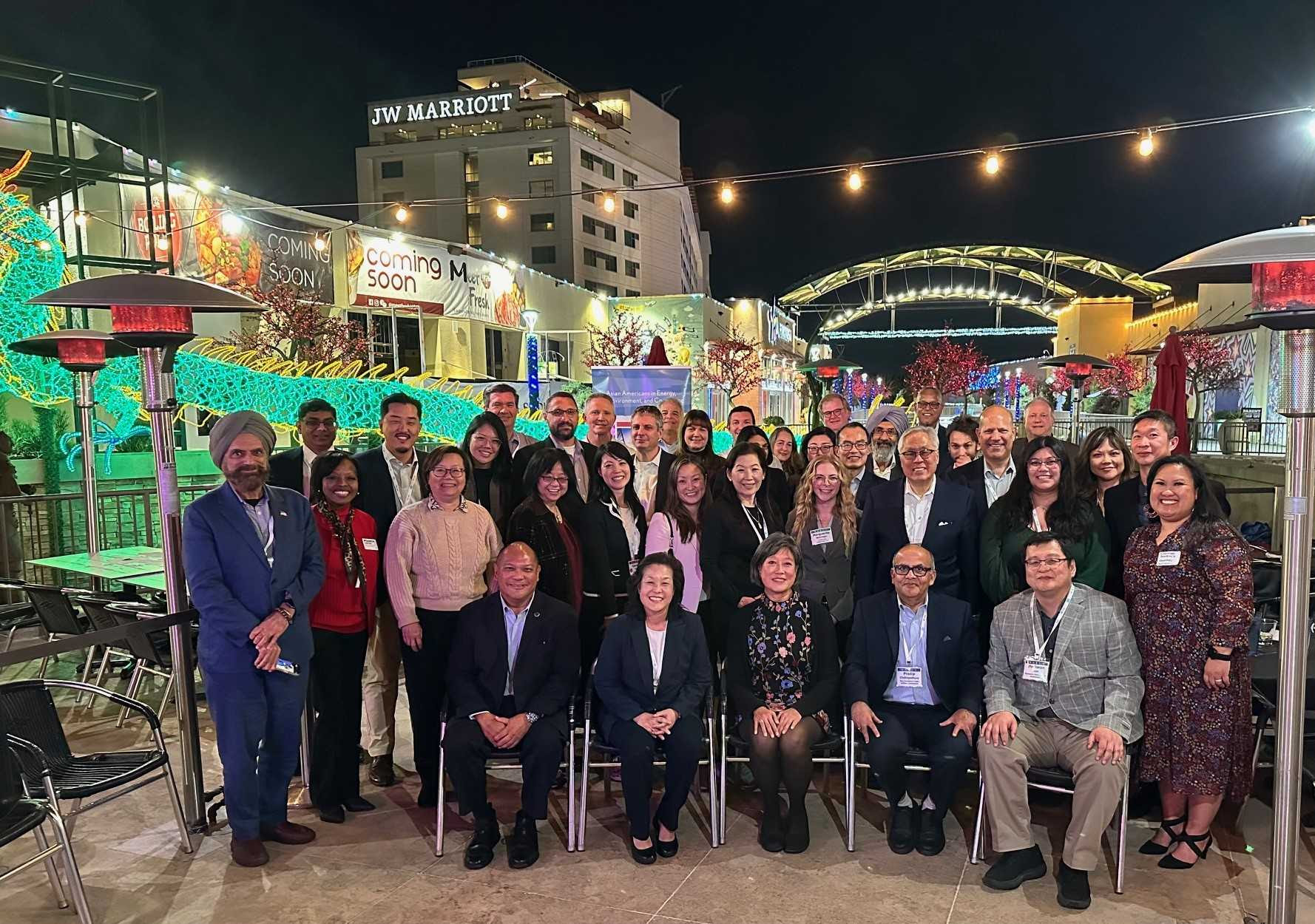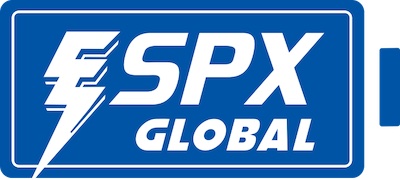__________ Welcome to AE2C __________Asian Americans in Energy, the Environment and Commerce (AE2C) connects Asian-American and like-minded professionals to share knowledge and foster opportunities. As a 501(c)(3) non-profit, nonpartisan and policy-neutral organization whose mission is to be the leading Asian American organization at the intersection of energy, environment, and commerce matters in the United States and abroad, we serve our members through professional development and networking opportunities that bridge the values, business practices and cultures of Asia and the United States. __________ Energizing the Future __________Building on the 2025 National AANHPI Heritage Month theme, "A Legacy of Leadership and Resilience" this AE2C and PHI event will highlight how leadership of the AANHPI community might address and impact federal energy policies within the utility industry and how the resiliency of our community may help build the skills required for future work force development along energy transition. Read More__________ Strikes and Networking __________On December 5th, 2024, the AE2C Massachusetts Chapter held its third annual in-person event, bringing together professionals from the energy and environmental sectors to foster networking, celebrate diversity, and build community among Pan Asian professionals in Massachusetts and support AE2C MA’s mission to strengthen connections and empower Pan Asian professionals in clean energy and sustainability.Read More
|











